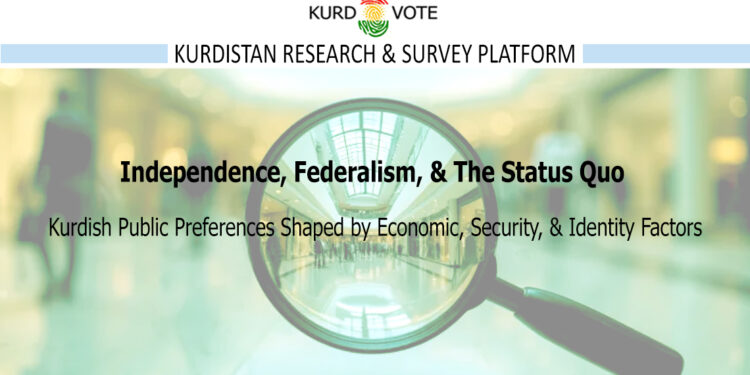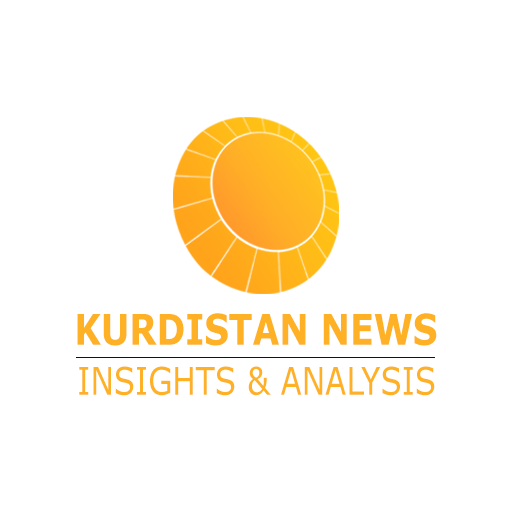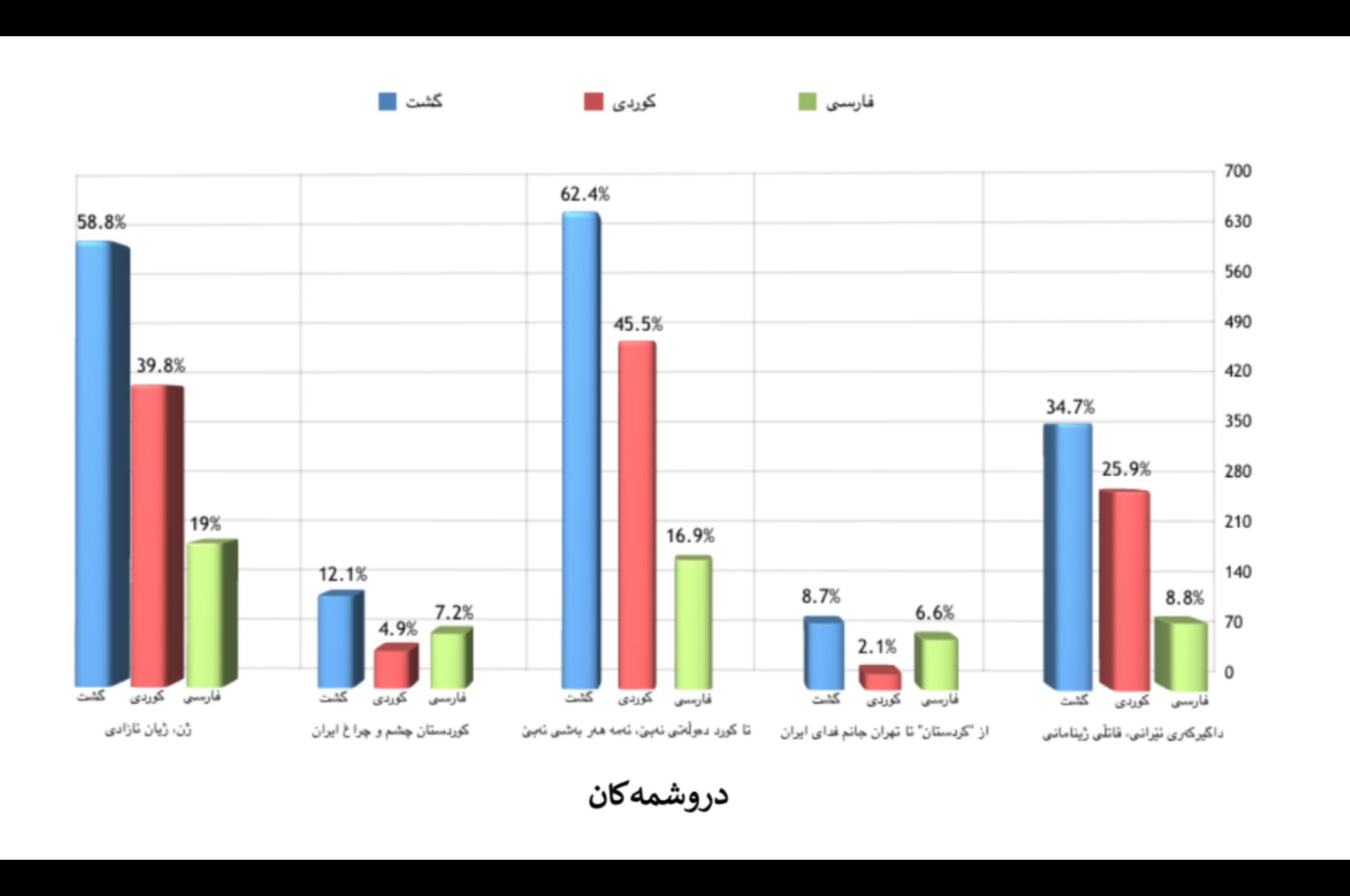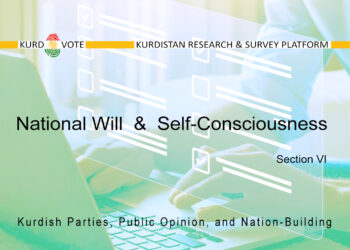Independence, Federalism, and the Status Quo: Kurdish Public Preferences Shaped by Economic, Security, & Identity Factors
This study investigates how economic hardship, security risks, and identity attachments influence Kurdish public’s preferences regarding three possible governance arrangements: independence, federalism, or the continuation of the status quo. While the immediate focus lies in measuring public preferences, the broader ambition of the research is to connect these micro-level choices to macro-level debates about nation-building, institutional legitimacy, and the long-standing question of Kurdistan independence. In doing so, the study demonstrates how political attitudes in Kurdistan are shaped by the interplay of material conditions, perceived risks, and deeply rooted cultural identities.
The research makes a distinctive contribution by integrating insights from multiple disciplines. From political sociology, it examines repression, legitimacy, and institutional trust; from social psychology, it draws on identity salience, collective efficacy, and risk perception; and from political economy, it addresses distributive justice and the public’s willingness to endure economic sacrifice for political goals. This interdisciplinary perspective situates Kurdish political attitudes within a broader scholarly conversation on nationalism, self-determination, and state formation, while also reflecting the specific historical and geopolitical context of Kurdistan.
Methodologically, the study employs advanced survey-experimental designs that move beyond conventional attitudinal surveys. Conjoint analysis allows for the systematic estimation of the relative importance of economic, security, and identity-related factors, while list experiments help reveal hidden or sensitive views that respondents might hesitate to disclose openly. By combining these techniques, the study generates robust and nuanced data that both enrich theoretical debates and provide evidence-based insights for policymakers concerned with governance, conflict management, and regional stability. Ultimately, this research underscores that questions of Kurdistan independence cannot be separated from the everyday preferences of the Kurdish public, whose choices are shaped by the convergence of structural constraints and subjective perceptions.
In sum, the project offers both theoretical contributions and policy-relevant insights for understanding governance preferences in Kurdistan.














